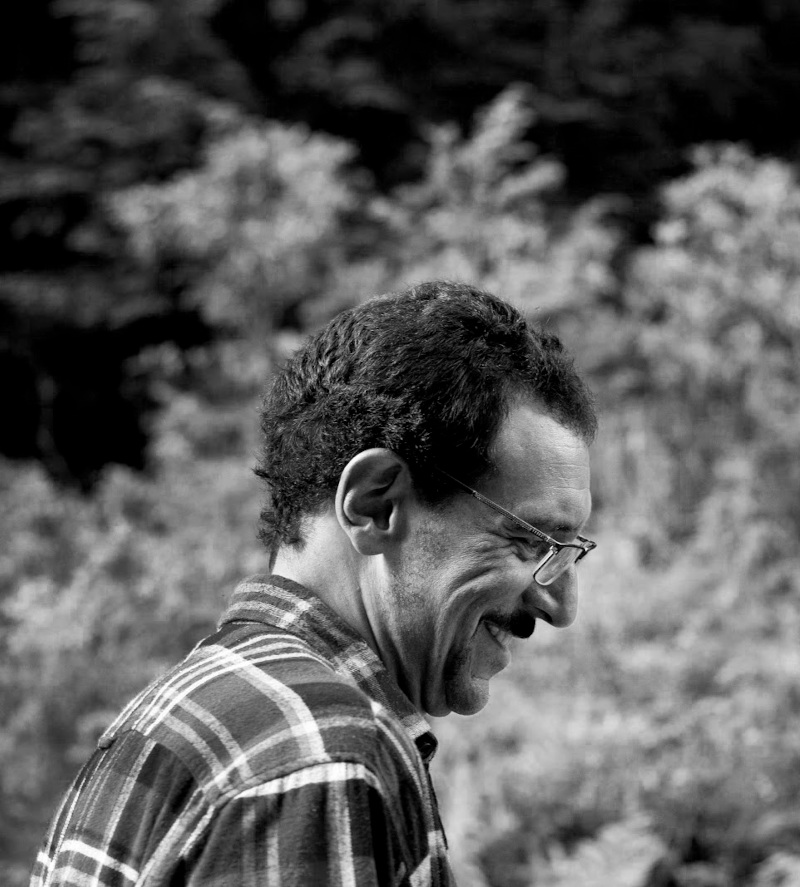The History of WCoNA

In 2007, I was selected as a Commonwealth Speaker for the Pennsylvania Humanities Council (PHC). Immersed by then in fiction writing, I’d come to see how other regions across America boasted canons of literature inspired by their history, culture, and landscape: New England; the Southwest and Midwest; the West with its big-canvass writers; the South with its gothic tale tellers. Yet here, a place steeped in what great literature is made of, the work of regional authors was not recognized and embraced by publishers, readers, universities, archivists, and reviews, nor did writers have a regionally-themed conference to latch hold of.
So I traveled the state engaging with audiences in that PHC program I called “Missing Pages—The Neglected Literature of the Alleghenies.” Sharing my experience and the work of great albeit underappreciated northern Appalachia poets, fiction writers, essayists, and journalists, I sought partners to begin a conference, literary review, publishing imprint, and canon of this unrecognized literature.
Though I found no takers during those early years, I continued on, spreading the word through my writing residencies and making contacts at readings and seminars while cataloguing the many great writers and works that had been overlooked. Though I didn’t realize it at the time, I’d planted a few seeds that would eventually take root.
In 2018, resigned that no institution was interested in a partnership, I decided to spearhead a writers conference on my own. I reached out to the network of writers and literary advocates I’d crossed paths with in my work over the years. A small group responded with enthusiasm. It was a start.
On September 8, 2018, with my teenage son handling registrations and my wife taking notes, I led a meeting in Brookville Pennsylvania with 12 people from across northern Appalachia, including authors, scholars, and publishers. Building from my years of research and planning, we mapped the literary region, listed characteristics of the culture and literature of northern Appalachia, and ratified the name, mission and objectives I proposed for the conference. We even laid the groundwork for a publishing imprint with the help of Sunbury Press, envisioned a literary archive and journal, and began planning a book-of-the-year contest. The Writers Conference of Northern Appalachia (WCoNA)™ was born.
On September 7th and 8th, 2019, we conducted the inaugural Writers Conference of Northern Appalachia (WCoNA)™ in Wheeling, West Virginia. People from across the region gathered to explore opportunities, challenges, and trends specific to northern Appalachia writers through keynotes, panels, craft talks, a book fair, and readings. The overwhelming consensus was It’s about time. Since then, we have incorporated and gained a 501c3 nonprofit designation.
Today, the Writers Conference of Northern Appalachia (WCoNA)™ and the literary review it spawned continue to evolve, serving writers across the region with education, publishing, and networking.
PJ Piccirillo, Founder